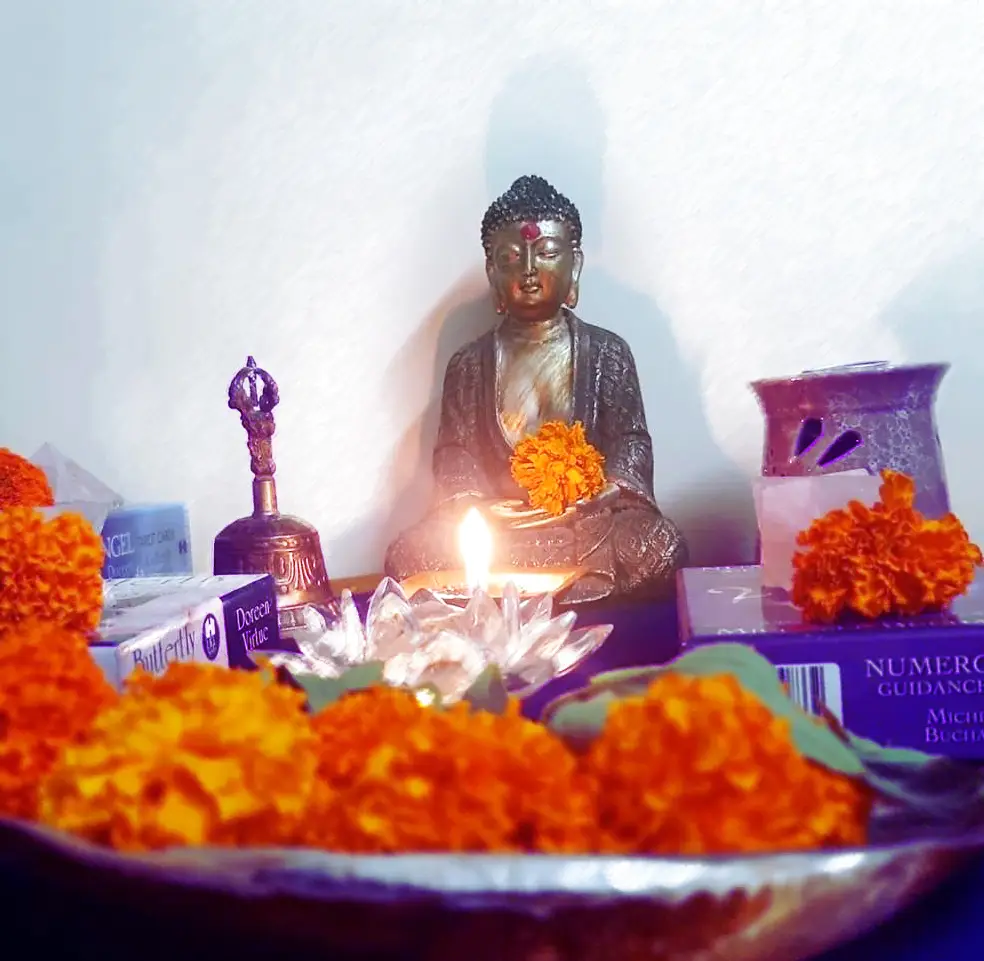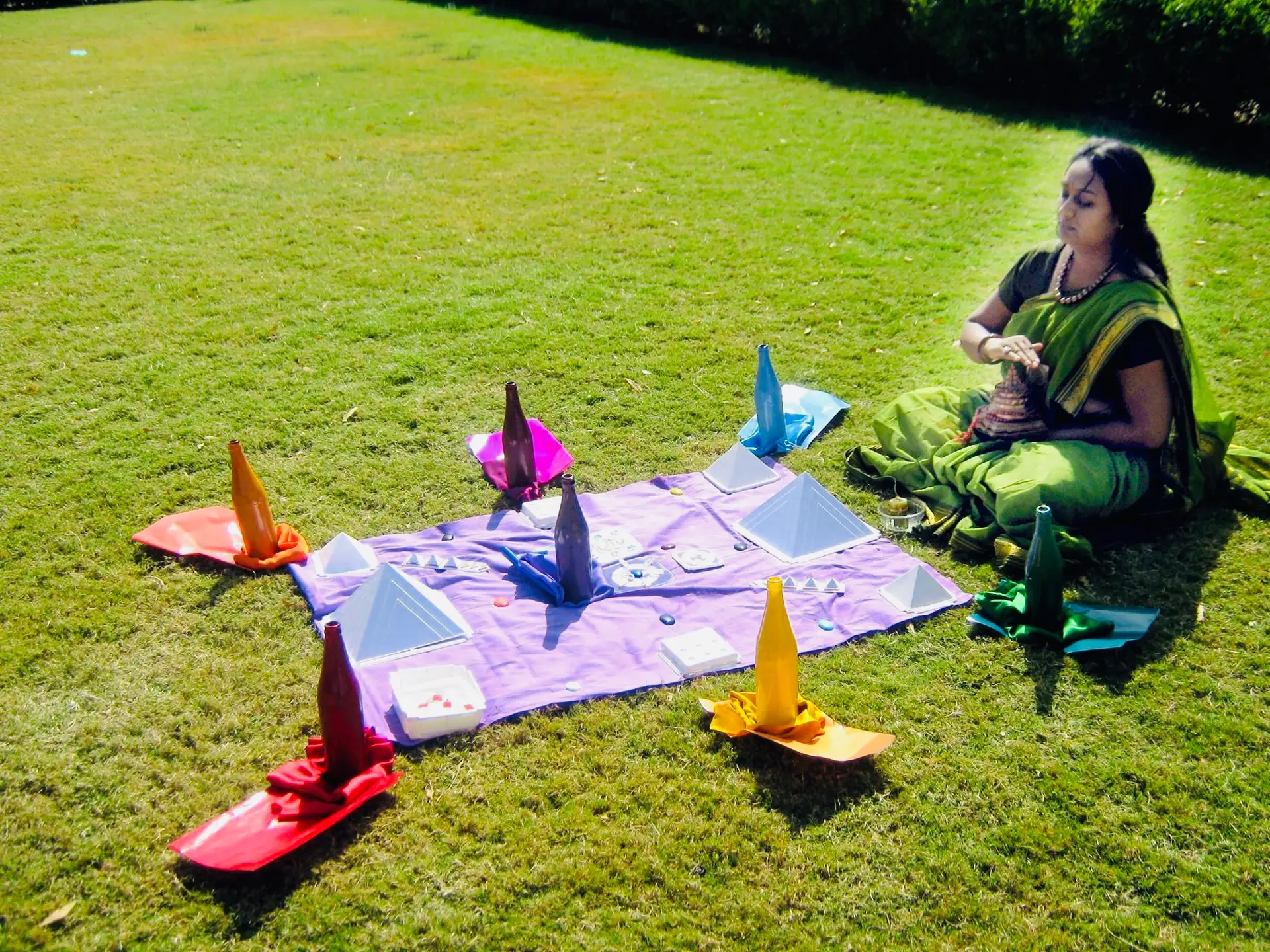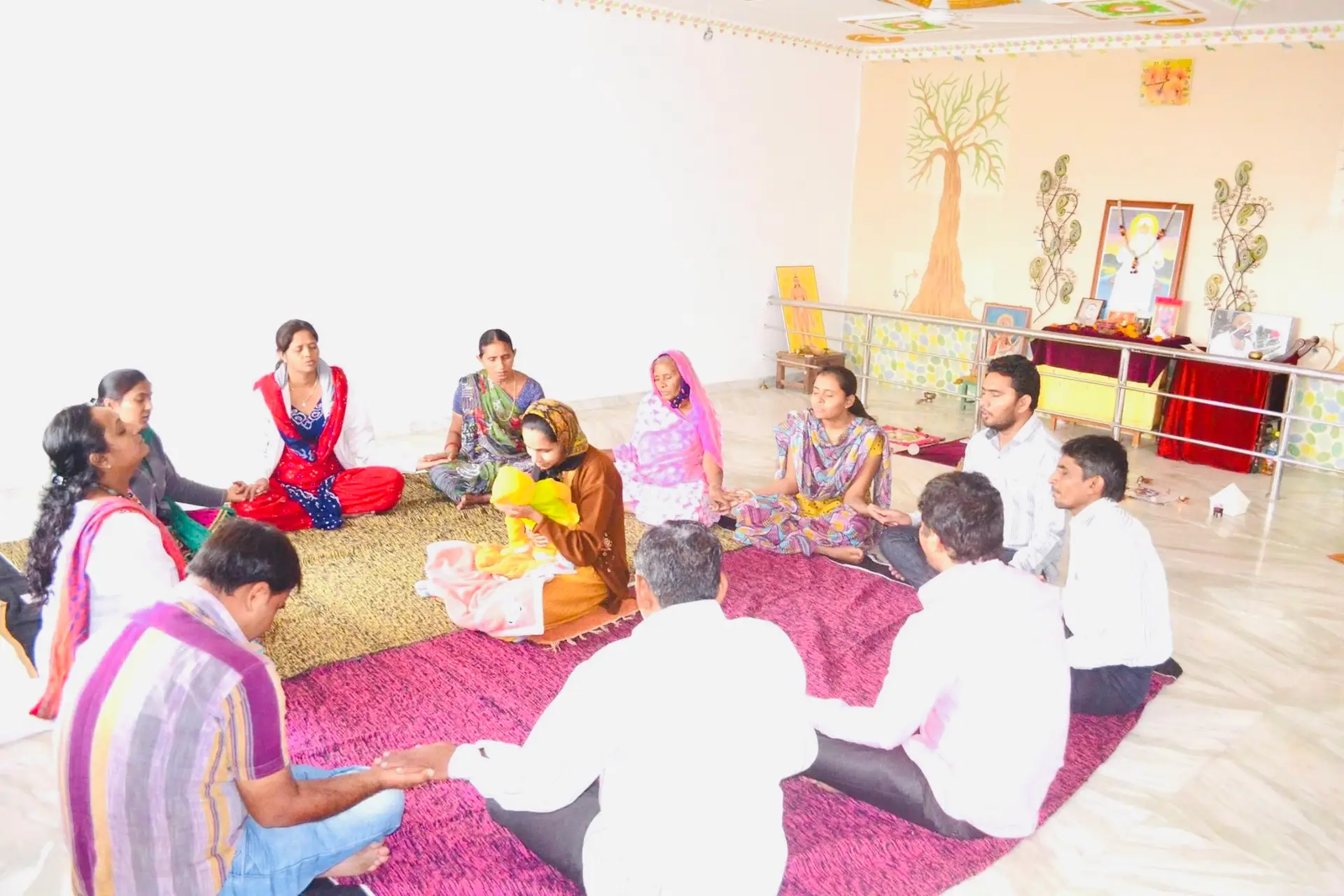


Meditation is a method of training attention and awareness, as well as achieving a cognitively clear and emotionally peaceful and stable state, via the application of a technique such as mindfulness, or focusing the mind on a specific object, idea, or activity.
There are a few things to keep in mind when it comes to meditation:
Meditation has been practised for thousands of years in civilizations all around the world. Meditation has a long history in nearly every religion, including Buddhism, Hinduism, Christianity, Judaism, and Islam. Although meditation is frequently utilised for religious purposes, many people employ it regardless of their religious or spiritual views or practises. Meditation may also be utilised as a kind of psychotherapy. Meditation comes in a variety of forms.
Concentrative meditation is focusing your entire attention on a single object while shutting out everything else. To achieve a higher state of being, the objective is to truly feel whatever you’re focused on, whether it’s your breath, a single phrase, or a mantra. Both mindfulness-based stress reduction (MBSR) and mindfulness-based cognitive therapy are examples of mindfulness meditation (MBCT). Because mindfulness may be used to address a variety of disorders, such as depression, the focus of each practise may vary. Overall, it entails being aware of and active in the current moment, as well as being open, conscious, and accepting of yourself.


Keep your attention on your breathing. Exhale slowly after taking deep breaths that stretch your tummy. Pay attention to the sensations of each breath. Take note of your ideas. The goal of meditation is not to empty your mind, for your mind will eventually wander. Instead, anytime you sense your mind straying, softly bring your attention back to your breath. Don’t criticise or analyse your ideas; instead, return your attention to your deep breathing.
Copyright © 2025 Divine remedy Research Centre. All Right Reserved. Devloped By WebExpertInfoTech